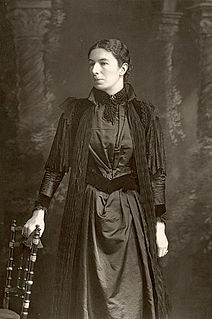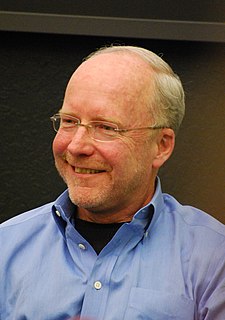A Quote by Mary Augusta Ward
I regard the whole university system as a wretched sham. Knowledge! It has no more to do with knowledge than my boots.
Related Quotes
The difference between you, if you consider yourself not enlightened, and an enlightened master is not that the enlightened master has more knowledge. University professors have knowledge, and many enlightened masters have very little knowledge. Jesus probably had less knowledge than any university professor alive today in terms of raw information. Even a relatively uneducated person has more information than Jesus or Buddha ever had about things, such as political things and so on.
It [knowledge] is clearly related to information, which we can now measure; and an economist especially is tempted to regard knowledge as a kind of capital structure, corresponding to information as an income flow. Knowledge, that is to say, is some kind of improbable structure or stock made up essentially of patterns - that is, improbable arrangements, and the more improbable the arrangements, we might suppose, the more knowledge there is.
My desire for knowledge is intermittent; but my desire to bathe my head in atmospheres unknown to my feet is perennial and constant. The highest that we can attain to is not Knowledge, but Sympathy with Intelligence. I do not know that this higher knowledge amounts to anything more definite than a novel and grand surprise on a sudden revelation of the insufficiency of all that we called Knowledge before,—a discovery that there are more things in heaven and earth than are dreamed of in our philosophy.
Most people in AI, particularly the younger ones, now believe that if you want a system that has a lot of knowledge in, like an amount of knowledge that would take millions of bits to quantify, the only way to get a good system with all that knowledge in it is to make it learn it. You are not going to be able to put it in by hand.
And if there be any addition to knowledge, it is rather a new knowledge than a greater knowledge; rather a singularity in a desire of proposing something that was not knownat all beforethananimproving, anadvancing, a multiplying of former inceptions; and by that means, no knowledge comes to be perfect.
Knowledge of Rome must be physical, sweated into the system, worked up into the brain through the thinning shoe-leather. ... When it comes to knowing, the senses are more honest than the intelligence. Nothing is more real than the first wall you lean up against sobbing with exhaustion. Rome no more than beheld (that is, taken in through the eyes only) could still be a masterpiece in cardboard - the eye I suppose being of all the organs the most easily infatuated and then jaded and so tricked. Seeing is pleasure, but not knowledge.
Knowledge is a burden if it robs you of innocence. Knowledge is a burden if it is not integrated into life. Knowledge is a burden if it doesn't bring joy. Knowledge is a burden if it gives you an idea that you are wise. Knowledge is a burden if it doesn't set you free. Knowledge is a burden if it makes you feel you are special.







































